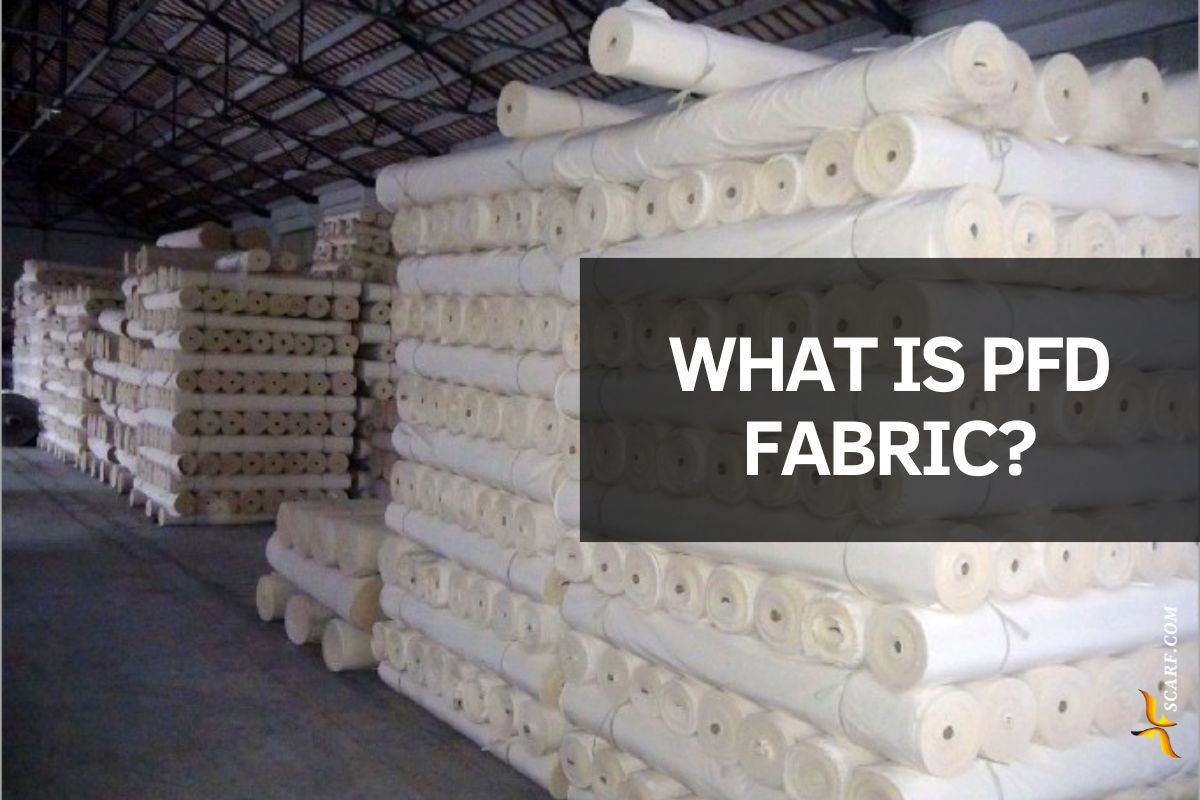PFD fabric carries a unique identity in the textile world—a material stripped down to its purest form, ready to embrace color. The absence of chemical treatments sets it apart, creating a blank canvas for vibrant dyes and intricate prints.
Artists, designers, and manufacturers gravitate toward PFD fabric for its reliability in holding hues with unmatched clarity.
Short answer
PFD (Prepare for Dyeing) fabric is untreated textile optimized for perfect dye absorption, used by professionals who demand color perfection.
- Short answer
- What Is PFD Fabric?
- Why Use PFD Fabric? Key Benefits
- Top Uses of PFD Fabric
- How to Choose the Right PFD Fabric
- FAQs About PFD Fabric
- 1. How does PFD differ from PFP fabric?
- 2. Is home dyeing feasible with PFD fabric?
- 3. What about shrinkage concerns?
- 4. Does the premium justify the cost?
- 5. Which PFD type suits swimwear?
- 6. Can embroidery adorn PFD fabric?
- 7. What’s the color longevity?
- 8. How breathable is PFD fabric?
- 9. Where does one source PFD fabric?
- 10. Is digital printing compatible?
What Is PFD Fabric?
PFD fabric arrives in its most natural state—free from optical brighteners, softeners, or starches. This deliberate simplicity allows dyes to penetrate deeply, yielding vivid, uniform coloration. The most common varieties include:
- PFD Cotton – Beloved for its breathability and soft hand feel
- PFD Lyocell – Celebrated for its silky texture and sustainable origins
- PFD Synthetic Blends – Prized for durability in high-performance applications
The manufacturing process intentionally omits sizing treatments, ensuring fibers remain accessible to dye molecules.
Why Use PFD Fabric? Key Benefits
1. Unparalleled Dye Reception
The chemical-free surface of PFD fabric welcomes dyes with open arms. This characteristic proves indispensable for:
- Boutique fashion houses demanding precise color matching
- Safety gear producers requiring colorfast industrial uniforms
2. Gentle on Skin and Planet
The minimal processing translates to:
- Safer children’s wear without residual irritants
- Medical textiles meeting stringent hypoallergenic standards
3. Manufacturing Consistency
Production facilities value PFD fabric for:
- Eliminating patchy dye results
- Maintaining color integrity through repeated launderings
Top Uses of PFD Fabric
1. Bespoke Fashion Creation
Designers harness PFD cotton for:
- Artisanal tie-dye pieces retaining brilliant hues
- Custom screen-printed garments with razor-sharp definition
2. Life-Saving Equipment
Water safety gear incorporates PFD-treated synthetics because:
- The material withstands harsh marine environments
- Custom markings remain visible through heavy use
3. Healthcare Innovations
Medical applications benefit from:
- Color-coded surgical textiles enhancing procedural efficiency
- Biocompatible wound care products minimizing patient reactions
How to Choose the Right PFD Fabric
| Consideration | Ideal Selection | Impact |
|---|---|---|
| Fiber Content | Natural vs synthetic | Determines texture and strength |
| Fabric Weight | Lightweight to heavy-duty | Affects drape and resilience |
| Certifications | OEKO-TEX® certified | Guarantees safety standards |
Professional Insight: A preliminary wash removes any lingering particulates before dye application.
FAQs About PFD Fabric
1. How does PFD differ from PFP fabric?
PFD indicates readiness for dyeing; PFP undergoes slight treatment for print optimization.
2. Is home dyeing feasible with PFD fabric?
Fiber-reactive dyes work beautifully with natural PFD fabrics.
3. What about shrinkage concerns?
Minimal contraction occurs, especially with proper pre-washing.
4. Does the premium justify the cost?
The dye efficiency makes PFD fabric economical for volume production.
5. Which PFD type suits swimwear?
PFD-treated nylon excels in aquatic environments.
6. Can embroidery adorn PFD fabric?
Lightweight stabilizers prevent interference with dye absorption.
7. What’s the color longevity?
Decades of vibrancy with proper cold-water care.
8. How breathable is PFD fabric?
PFD cotton and Lyocell offer exceptional air circulation.
9. Where does one source PFD fabric?
Specialty textile distributors carry extensive inventories.
10. Is digital printing compatible?
PFD fabric accepts digital prints, though PFP may deliver finer detail.
Ready to explore PFD possibilities? Awaiting your inquiry.



